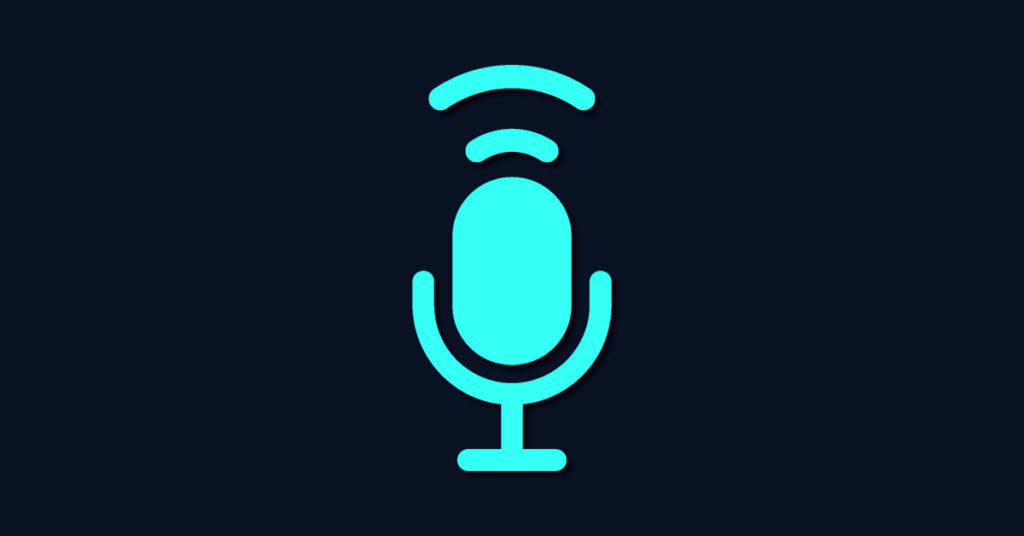
Does Alexa Always Listen?
An Alexa device is your dream come true, right? Just ask her the weather, have her turn off the lights or tell you the cooking time for al dente pasta, and she’s right there. Listening. But is she always listening? And just how safe is that anyway, especially now that we’re warned to be wary of hackers in all of our technology interactions?
If you have concerns about the safety, security and privacy implications of your Alexa-enabled devices, you’re not alone, and this is just the guide to help you make informed decisions about their use in your home. And even though we know the devices are called Amazon Echo or Echo Show or Echo Dot, we’re just going to get familiar and call her “Alexa,” as you probably do.
How does Alexa respond and record?
Voice-activated digital assistants are triggered by using a specific phrase, or “wake word,” followed by a question or command. By default, the wake word for these devices is “Alexa,” but Alexa’s wake word and even voice are customizable, so if your name is Alexa, getting a smart speaker needn’t result in constant confusion.
If its microphone is turned on, an Alexa-enabled device is always listening passively for its wake word. However, Alexa is not always recording: Rather, its technology determines whether the wake word has been spoken, and then starts recording. The device records until you stop speaking, and then sends the clip to Amazon’s servers. Before it’s acted on, the clip is analyzed to ensure the wake word is actually present. Should the device have “misheard,” recording ceases and no action is taken. If the wake word is present, Alexa will attempt to follow your command. If you accidentally trigger Alexa and the assistant is waiting for a reply, you can say “Alexa, stop” or “Alexa, nevermind” to end the interaction and stop recording. On an Amazon Echo, a blue ring of light indicates the device is recording. Other devices may exhibit different behavior, so consult the owner’s manual.
By default, recordings are saved in your Amazon account indefinitely, which the company says helps improve the user experience. More information on Alexa hygiene follows below, but as a heads-up, you can say “Alexa, delete everything I’ve ever said” to delete your entire history.
Is Alexa safe?
A smart speaker is another computer, so in theory you should take the precautions you would take with a laptop: Only install software (in this case, “skills”) you trust, and periodically review what information your device can access and what it has installed. In this case, you’re at the mercy of Amazon because that is the only place you can search for and download skills. Issues with overlapping keywords were reported by North Carolina State University researchers last year, according to Forbes. And The Verge advises that for safety you audit and “prune the Alexa skills you have enabled.” Crucially, though, Amazon fixes these issues quickly: They’re incentivized to provide a secure experience, as the company wants people to keep buying its devices!
How to stay as safe as you can with Alexa
There are steps an Alexa owner can follow to practice good security hygiene. To start, regularly delete voice recordings. Digital Trends recommends doing so every day, but setting them to auto-delete is an option. Mute the microphone by pressing the button on the device. Consider leaving voice-powered speakers out of your bedroom. If a hotel or Airbnb provides an Echo, unplug it during your stay—you wouldn’t enter sensitive information on a public computer! If the microphone is muted or the device is unplugged, Alexa can’t record and will not respond to your commands. Finally, ensure your Amazon account is protected with a strong password (use a password manager to help) and consider changing your wake word so strangers can’t give your Alexa commands.
The more connected devices you have in your home, the more important it is to manage your home network, including having a strong Wi-Fi password. If you use your Alexa as a smart home hub, make sure your gadgets have updated firmware and are protected by a secure Wi-Fi network. If privacy is a deal-breaker, you can always check out other smart speakers, though it’s a narrow market. Apple’s offering, HomePod, is end-to-end encrypted, and other privacy-focused smart speakers are in development.
Ultimately, adding any technology to your home requires evaluating tradeoffs. Calculate whether the benefits in convenience outweigh the risks in security. Hearing a song by just asking for it, putting on a TV show without touching a remote and hands-free cooking timers may be worth it.




Join the conversation